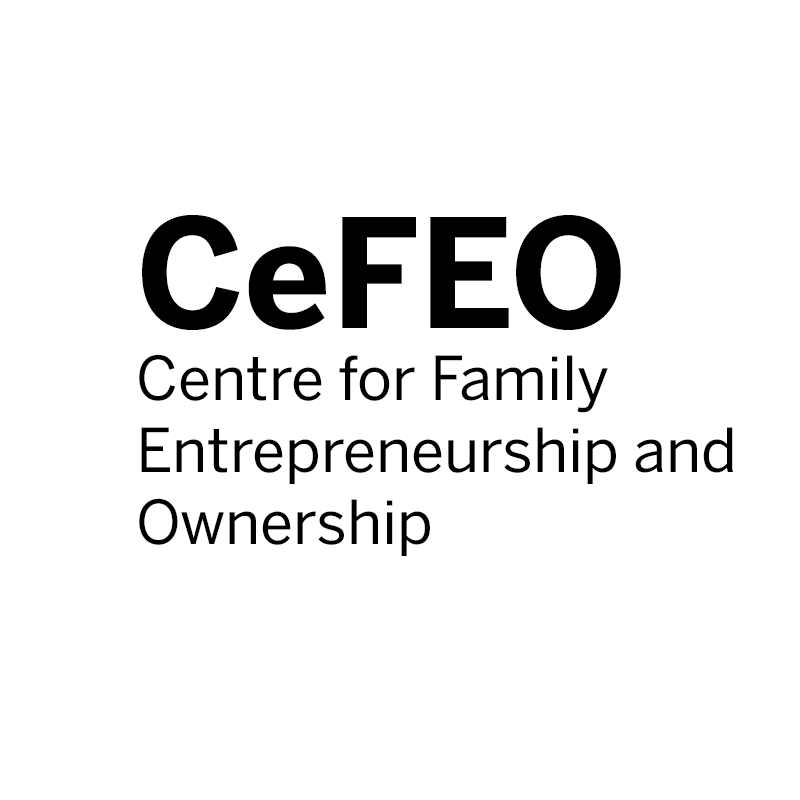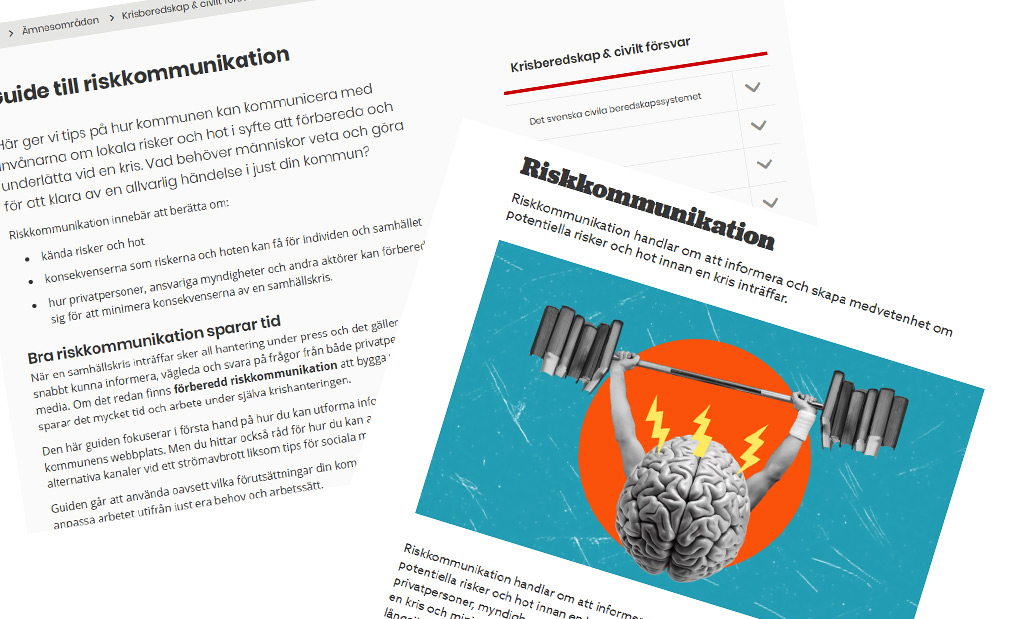16 years of academic excellence and practical relevance in Family Entrepreneurship and Ownership.
“We shall overcome, someday” – COVID-19 and board chairpersons’ role.
“We shall overcome, someday” – COVID-19 and board chairpersons’ role.

Around this time last year, many of us were close to our summer holidays, checking the last-minute list of activities to do or new foods to taste, cleaning the barbecues, and ordering the last couple of novels for the summer retreat. The long sunny days are back, unfortunately the vibes are not there anymore, at least for thousands of people who have lost their loved ones, their jobs, or their companies due to the ongoing COVID-19 pandemic.
As a corporate governance researcher, I approached a couple of board chairpersons from both privately-held and publicly-listed companies in Sweden to hear their thoughts on this pandemic and learn how they are responding to it. What do they find most challenging at this time? How do they see their role in this turbulence? What do they think the future will look like?
First – Accept the situation as a unique one
We cannot stress enough how unprecedented the situation is. “Is this like the Lehman crisis? No, I don’t think it is!”,one chairperson said, “I think it is a mixture of the financial crisis, but you top it up with oil crisis, you top it up with kind of SARS or EBOLA, and then you have a little bit of the second world war, meaning we can close the borders – then you have a cocktail.”
At first sight, it may look quite scary to see stores closing, jobs moving to digital channels, people getting laid off, and so on. Such reactions are quite common at the early stage, what one chairperson named as the “Oh, my GOD!” phase, where companies do not know what to do as there exists no prior data to tackle a situation as unique as the current one.
So, it was quite expected that a chairperson said, “it is very different how we reacted in the first month and how we will react in the next months”. This is even more difficult for companies operating in the global market, whose distribution channels may be stuck or the sales centers are shut down with government-imposed lockdown in a foreign country. “What do you do then?”, one respondent reflected, “Well, then it becomes a game of survival”.
Second – Look at the contexts
Getting out of the first shock can be challenging! However, the good news is, companies are quickly reflecting and learning from the situation. One chairperson said, that she started by asking the board members to explore three scenarios: “a fair, a bad, and an absolutely horrible one”, so that, they all can reflect together on how to design their strategies. This requires corporate boards to be more active than ever before and to step in exploring the phenomenon from different aspects.
Of course, “it depends on how big the company is and how big the challenges are”, one chairperson said. At the same time, different industries might have their own unique sets of challenges and ways of doing things. Geographical contexts might also play an important role in such exploration. Put simply, the way corporate boards work in the US or Asia might look completely different than how things happen in a Nordic board.
Third – Take holistic measures
Despite the contextual distinctiveness, there is a consensus to take holistic measures that go beyond the economic bottom lines and promote care and strengths to their stakeholders. Given the rapid shift to remote work, companies must address employee well-being as the first concern. Boards should ask the management, “Do we know if our employees feel that they are doing a good job when they are not physically connected?”, one chair said.
There should also be a concern for the suppliers, subcontractors, and alike, who are also equally affected by the pandemic. Providing the right guidance,however, might be challenging, mostly due to the extremely unique nature of this pandemic. Yet, boards must “develop a roadmap” considering both short-and-long-term perspectives.
Four – Find the “balanced board”
Consulting firms and mainstream media outlets have already shared numerous predictions on how the post-pandemic world could look. In terms of board configuration, however, a massive disruption might be less likely to take place, at least in the immediate future. When asked about board attributes, one chairperson said “I would like to see the same attributes that they (boards) had three months ago – that you have to have a balanced board that has a relevant background, diversity, etc. That has not changed.”
Ensuring such “balanced boards” can be a bit tricky, especially in the post-COVID-19 world when board success might depend on its capacity to act faster and to learn quicker than ever before. They need to have members who are associated with multiple boards and have been through some “turnaround” experience. One chair even foresees a rise of cross-company collaborations or exchange of information, which means, corporate boards need to be proactive now and scan for such opportunities to act upon.
So what would be the role of the chairperson of the board? One chairperson said, “my role as a leader is to create the hope and the ambition to do a good job”. That’s easier said than done. People are getting nervous as there’s a cloud of anxiety hanging in the air. As a board chair, you need to protect your CEO and the management team from getting too many questions from board members. You should guide them in analyzing the situation.
The board will jump back with their guidance role, sooner than we think. Till then, as a board chair, “you need to coach some of the board members”, and facilitate the management team to be there when the time is ripe to take some bold moves.
We shall overcome. As one chair said, “the future is great, the future has to be created now”.
————
My name is Anup Banerjee and for my doctoral dissertation I study the role of the chairperson of the board in business development. If you are interested in this research, you are welcome to contact me. I am particularely looking for more board chairs and CEOs to interview.

Anup Banerjee Opens in new window.
anup.banerjee@ju.se
Centre for Family Entrepreneurship and Ownership
Jönköping International Business School
Detta är en bloggtext. Det är skribenten som står för åsikterna som förs fram i texten, inte Jönköping University.





